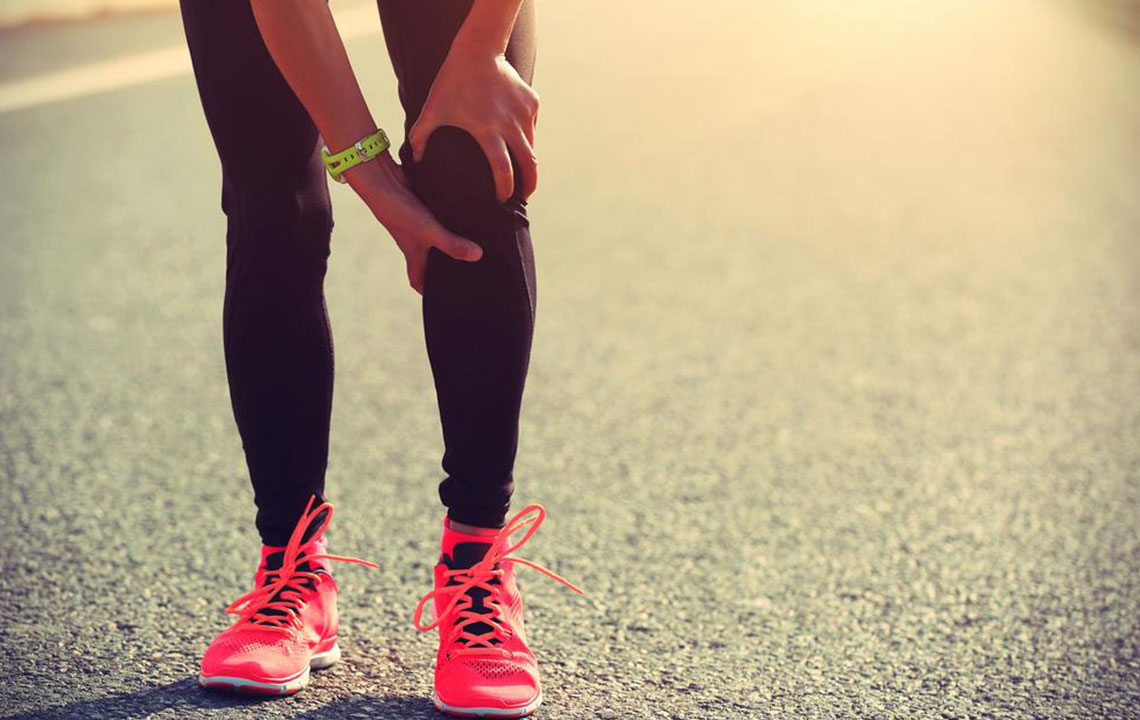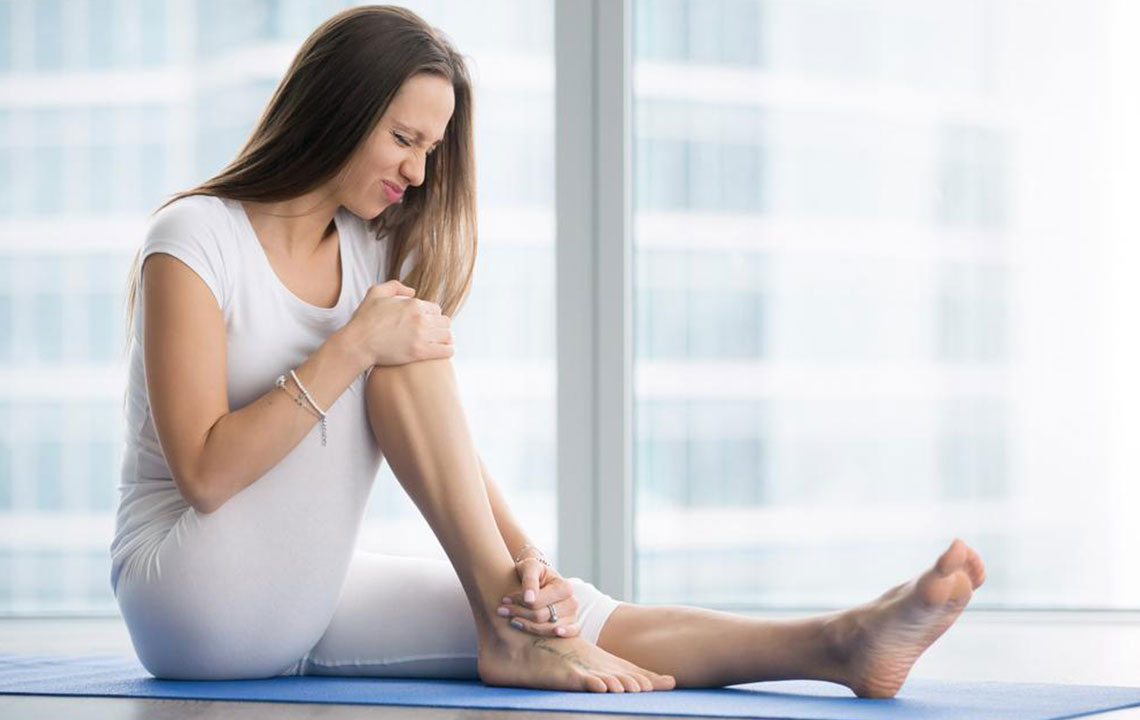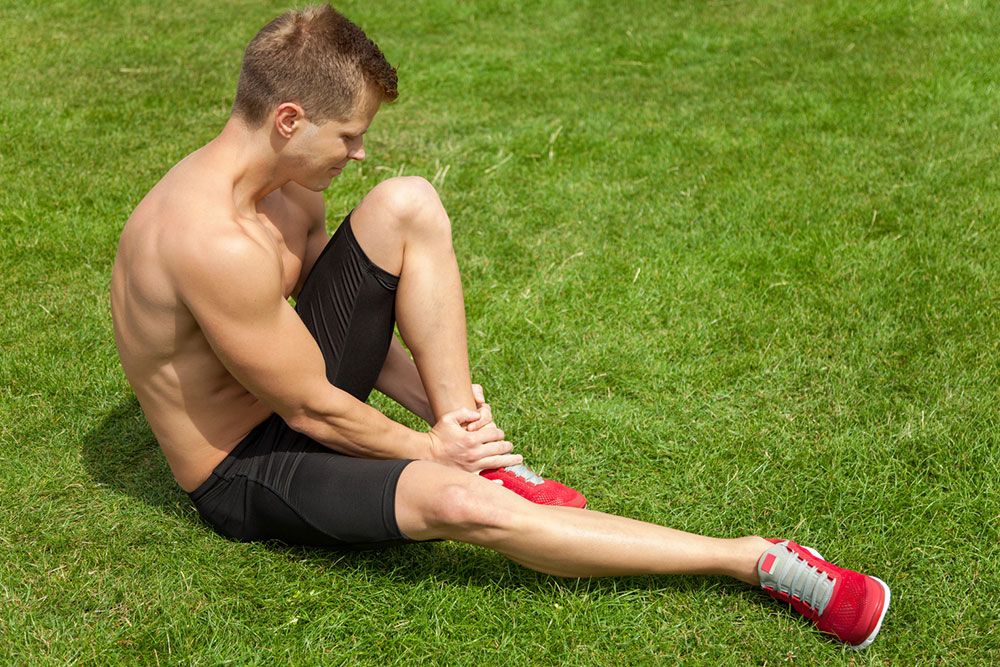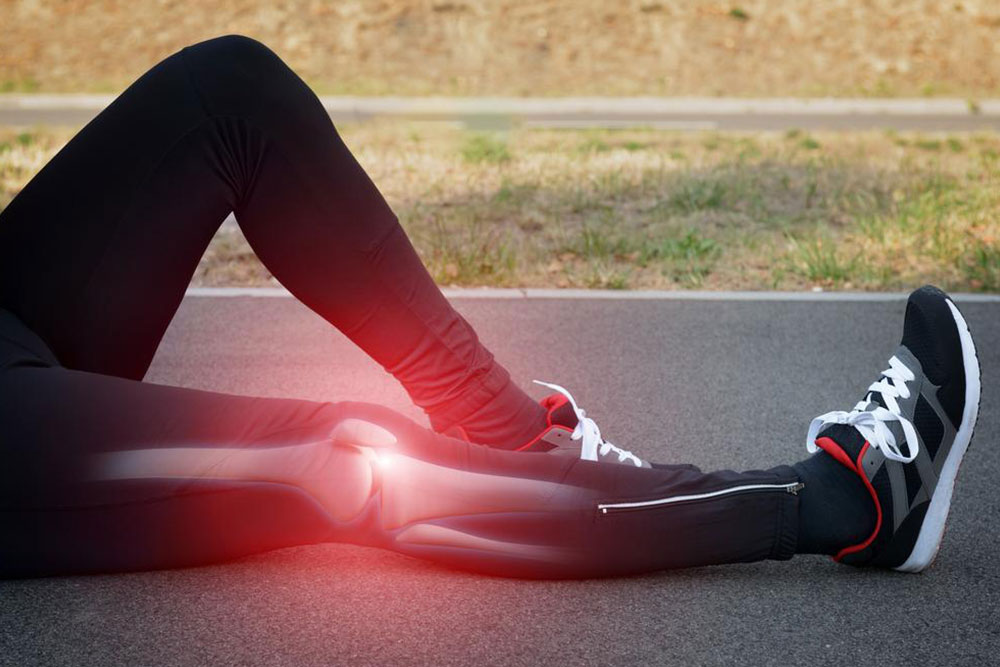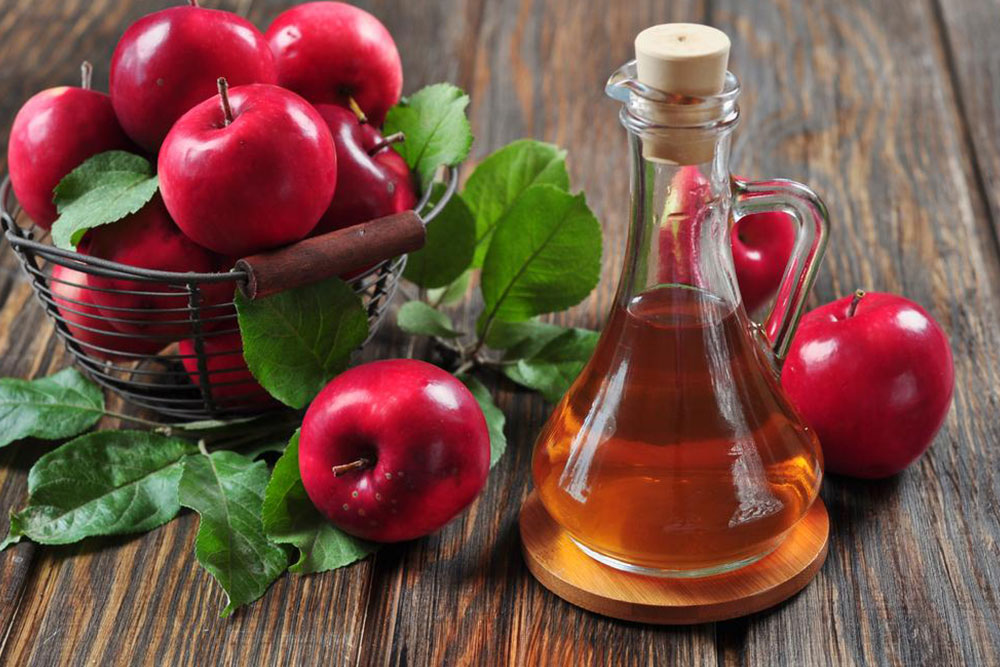Effective Strategies to Alleviate Leg Discomfort
Learn effective home remedies and treatment options for relieving leg discomfort caused by muscle strain, injuries, or other common conditions. Discover when to seek medical attention and how simple measures like elevation, ice, and hydration can significantly reduce pain and swelling. This guide provides practical tips suitable for athletes and active individuals to manage leg pain effectively and safely.
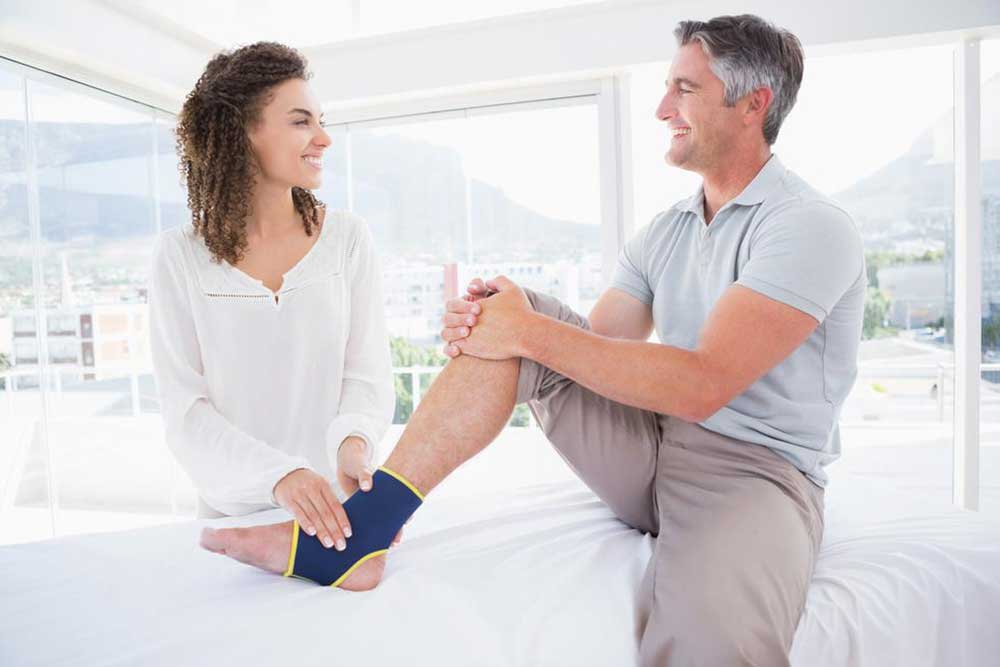
Effective Strategies to Alleviate Leg Discomfort
Leg discomfort is a frequent concern among athletes and active individuals. Most cases are harmless and tend to resolve on their own. The discomfort can appear suddenly or develop gradually, vary from occasional to persistent, and affect either a specific area or the entire leg. Since legs support body weight, experiencing pain is quite common during physical activities.
Common Causes of Leg Discomfort
Various factors contribute to leg discomfort, including overexertion, wear and tear, sports injuries, and damage to muscles, tendons, or ligaments.
Serious conditions that can cause leg discomfort include blood clots, varicose veins, cancerous growths, hamstring strains, and arthritis. Such cases require medical evaluation.
Treatment Options for Leg Discomfort
The severity of leg discomfort can range from mild to severe, depending on its cause. Persistent or intense pain warrants consulting a healthcare professional. For moderate discomfort, home remedies can be effective.
Rest and Avoid Strenuous Activity: Refrain from activities that triggered the pain, take breaks from sports or physical labor, and allow the muscles time to recover.
Elevate Your Legs: Raising the legs on a cushion or ottoman helps decrease swelling and relieves discomfort. Avoid prolonged sitting with legs down.
Apply Ice Therapy: Wrap an ice pack in a cloth and apply it to the painful area to reduce inflammation and numb the pain, especially in sports injuries. Do not place ice directly on skin.
Use Heat for Relief: Applying a warm compress or heating pad can soothe certain types of leg pain, such as arthritis.
Perform Gentle Exercises: Stretching or light massage can help relax tight muscles caused by cramps.
Stay Hydrated: Dehydration often leads to muscle cramps. Drinking 8-10 glasses of water daily can prevent this.
Over-the-Counter Medications: Mild painkillers or anti-inflammatory drugs may provide quick relief but should be used as directed.

